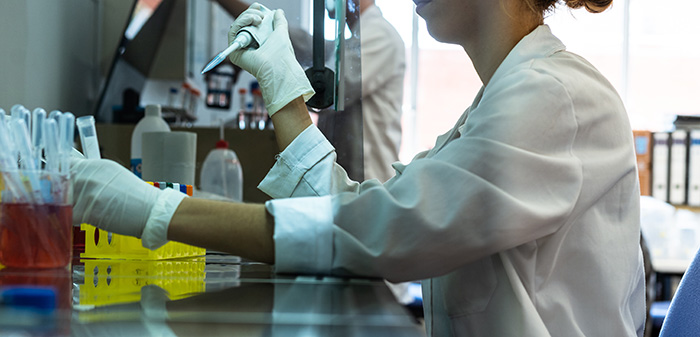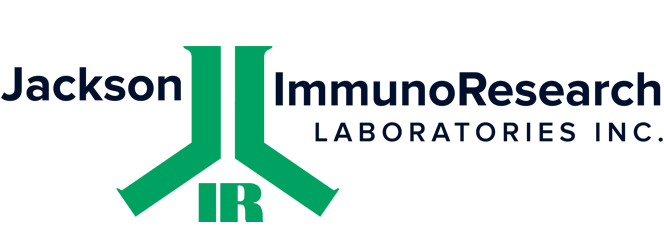
Chimeric antigen receptor (CAR) T-cell therapy is fast becoming established as the fifth pillar of cancer treatment. Following FDA approval of the first CAR T-cell therapy in 2017, five further CAR T-cell therapies have been approved, and many others are in development.

What is CAR T-cell therapy?
CAR T-cell therapy is a form of immunotherapy that uses a patient’s own T lymphocytes to selectively destroy cancer cells. It involves isolating the T lymphocytes from the blood and engineering them to express a CAR at the cell surface, typically using a viral vector to introduce the CAR sequence into the T-cell genome. Once the modified T-cells have been expanded in vitro, they are infused back into the patient, where they harness the immune system for cell killing via mechanisms such as perforin/granzyme-mediated apoptosis.
What is the structure of a typical CAR?
Like normal T-cell receptors, CARs have three main parts. The first of these is an extracellular antigen binding domain, which typically comprises a tumor-specific antibody single chain variable fragment (scFv) or the variable region of a single antibody heavy chain (VHH), although whole IgG and Fab domains may also be used. This is adjacent to a transmembrane domain, usually derived from CD3, CD4, CD8, or CD28, which anchors the CAR to the T-cell. Next, an intracellular domain functions to transmit activation signals. A major difference between normal T-cell receptors and CARs is that CARs do not require antigen presentation by a major histocompatibility complex (MHC) for target recognition. This means they can be engineered to bind any cell type for which an antibody is available.
Why are synthetic antibody fragments used for target recognition?
Synthetic antibody fragments like scFv and VHH offer several advantages over conventional antibodies for cell targeting. These include reduced risk of unwanted immunogenicities compared to full-length antibodies, which can limit treatment efficacy, and easier engineering. In addition, because synthetic antibody fragments are much smaller than full-length antibodies (around 25 kDa for scFv and 15 kDa for VHH, compared to approximately 150 kDa for a full-length IgG), they may represent useful tools for non-invasive imaging studies, such as the study of CAR T-cell survival, proliferation, and persistence in solid tumors.
Detecting VHH domains? learn more here
What are the approved CAR T-cell therapies?
To date, six CAR T-cell therapies have been approved. The first of these, Kymriah®, received FDA approval in August 2017 for treating refractory or relapsed B-cell acute lymphoblastic leukemia (B-ALL) in children and young adults. It was followed just two months later by Yescarta® for large B-cell lymphoma, which similarly functions by targeting the B cell antigen CD19. Two further CD19 targeted therapies – Tecartus™ for mantle cell lymphoma and Breyanzi® for large B cell lymphoma – were approved in 2020 and 2021, respectively. More recently, two CAR T-cell therapies targeting the B cell maturation antigen (BCMA) have been approved; marketed as Abecma and Carvykti™, these are respectively used for treating large B cell lymphoma and multiple myeloma.
What are the benefits of CAR T-cell therapy?
CAR T-cell therapy is increasingly seen as the fifth pillar of cancer treatment, providing many benefits over surgery, chemotherapy, radiotherapy, and existing immunotherapies. Critically, because CAR T-cell therapy uses a patient’s own cells, it is non-immunogenic, equating to more durable treatment regimens and a decreased risk of unwanted side effects. In addition, since the CAR sequence is known, CAR T-cell therapy offers multiple opportunities to increase treatment efficacies through engineering. Strategies currently being explored include the development of bifunctional CAR constructs (e.g., CARs targeting both CD19 and BCMA) and tandem CARs (CARs featuring two antigen-binding domains). Finally, in contrast to chemotherapy, radiotherapy, and other immunotherapies, which usually require multiple treatments over an extended period of time, CAR T-cell therapy involves just a single infusion, which is more convenient for both patients and clinicians alike.
Refining existing treatment regimens
As more becomes known about CAR T-cell therapy, its use will undoubtedly be refined to improve patient outcomes. For example, a study published recently in Blood Advances investigated the impacts of CAR T-cell dose on survival rates among 185 patients who received Kymriah® for relapsed or refractory B-ALL. It was found that 86% of patients who received a dose of between 2.4 and 5.1 million cells/kg were alive at one year compared to just 59% of patients who received a dose at the lower end of the FDA approved range (between 0 and 1.3 million cells/kg), suggesting that higher dosing could achieve a more durable response without causing undue toxicities.
Supporting scientific research
Jackson ImmunoResearch specializes in producing secondary antibodies for life science applications. We offer a broad range of full-length secondary antibodies conjugated to enzymes, fluorophores, and other biomolecules, as well as labeled antibody fragments including VHH. All of our products undergo rigorous validation and are available from multiple host species to maximize experimental flexibility.
| Learn more: | Do more: |
|---|---|
| Colorimetric western blotting | Spectra Viewer |
| Chemiluminescence western blotting | Antibodies for signal enhancement |
| Fluorescent western blotting | |



